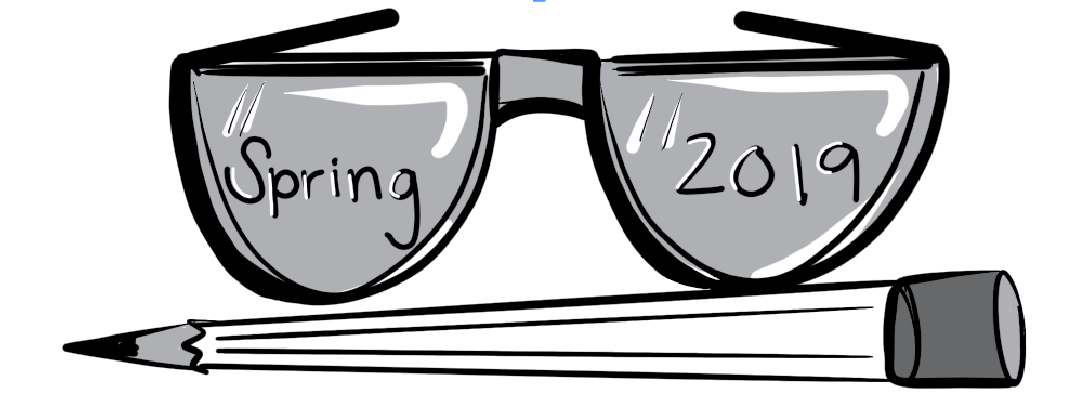
RFLA 100 / CMC 110: Digital Storytelling
TR 2-3:15 p.m.
Have you ever been interested in video editing or creating storyboards? This class is usually designed for critical media and cultural studies majors/minors and film minors, but this semester it is also offered as an rFLA humanities course.
Students are given the chance to study the components of a good story and practice developing them through photography, audio recordings, and video. They are even able to learn basic skills in Photoshop and the Adobe video-editing software known as Premiere. Podcasts have also become a popular storytelling technique, making them a major element of study in this course.
Digital Storytelling analyzes modern storytelling techniques, and it allows students to partake in the narrative.
WCC 300: Global Journalism
TR 9:30-10:45 a.m.
In a time when American journalists are labeled “the enemy of the people,” this course examines the history and values of the media. Students will have the opportunity to read global news while analyzing its ethical, legal, and social contexts. In addition, they will analyze the effects of censorship and the importance of free press, key components of our First Amendment rights.
These concepts will be applied at a global scale in which students will evaluate the media in countries with and without freedom of speech laws. Dr. Hesham Mesbah, the professor of the course, said, “I plan to get the class to Skype with journalists from different parts of the world and conduct case studies about the persecution of journalists in some dictatorships.”
CMC 335: Critical Disability Studies
Monday, 1-3:30 p.m.
This course focuses on examining disability as it is viewed from various perspectives. Students will explore disability as a medical condition, but also as a source of social and systemic inequality. By analyzing multiple sets of text and media, students will understand this issue in relation to culture, identity, gender, race, and sexuality by using multiple critical theories as lenses.
Students will be able to apply a wealth of knowledge on this complex topic to interpersonal interactions, media and popular culture, public policy, and just about every aspect of society that oppresses individuals with disabilities. This course will prove to be immensely helpful in expanding students’ abilities to empathize with and comprehend the varying experiences of people with disabilities.
ENG 277: Visual & Verbal Text Design
Wednesday, 6:45-9:10 p.m.
After taking this course, students will never look at the design of a document the same way again. This class gives students the opportunity to study rhetoric, multiple design theories, and the implementation of color, type, and layout in visual and textual documents.
Dr. Cheng herself is an expert in rhetoric, but she also creates a thoroughly interesting syllabus with recognizable scholars. Besides learning computer skills, students will learn how to effectively use visuals in presentations and will even get the chance to use Adobe InDesign to practice layout exercises and eventually redesign a flyer.
Most importantly, since this is an English course and counts toward the writing competency requirement, time is spent tightening students’ writing skills. This class can also count toward a critical media and cultural studies major/minor and writing minor.
COM 220: Interpersonal Communication
MWF 8 -8:50 a.m. or MW 2:30-3:45 p.m.
If a student has not yet taken this course, they will probably think it is simply about reviewing common sense information about communicating with others. However, this course provides tremendous knowledge that can be applied to understanding and improving personal and professional relationships alike.
As the semester progresses, students will learn about theories and concepts that are prevalent in everyday dyadic communication, and they will develop the ability to analyze daily interactions in more complex ways. As students’ understanding of interpersonal communication increases, they will be able to recognize the most effective and healthy ways to proceed with communication within relationships.
Sometimes, studying the things that seem most simple and innate proves to be the most useful class.
ENV 130: The Geosphere
MWF 10-10:50 a.m. or Monday, 2-5 p.m.
Why does Florida have so many lakes? Why do we have thunderstorms every afternoon in the summer? How do hurricanes form? These are the questions students will learn to answer in one of the core courses of the environmental studies major.
This course explores the regions of matter that make up the Earth and its atmosphere. Students will observe Florida’s physical features, vegetation, and historical events that shaped it into the unique landscape it is today. Moreover, weekly labs will allow students to take these concepts and apply them to Winter Park and the Rollins campus, leading them to discover areas that conserve the most water and which campus buildings are the least eco-friendly.
Dr. Lee Lines, with a very detail-oriented approach, will make sure all students leave his course with a greater understanding and appreciation of the forces that shape our physical environment.
ENG 234: Studies in Literature: Game of Thrones
MWF 10-10:50 a.m.
In this course, students will examine the texts that inspired the widely popular “Game of Thrones” novels and television series.
Dr. Mathews knows how to liven up discussion and class time with healthy competition. For instance, in the beginning of the semester, students form their own houses (just like in the series) and compete through group projects for points and bragging rights against the other teams. The projects are fun to create and tie into a weekly topic.
Between battles, Dr. Mathews also teaches students how to read critically, a skill incredibly important for any English major or minor to learn. She starts out with video clips from the series and later gets students used to reading paragraphs of medieval text. She gives students clear instructions for each assignment, and since every quiz and essay is submitted through Blackboard, the class is very accessible.
Additionally, in the middle of the semester, the class takes a trip to Orlando’s Medieval Times. What more could you ask for?
PHI 108: Ethics
TR 2-3:15 p.m.
For those interested in morality and virtues, ethics is a great introductory philosophy course that provides substantial foundational background. All philosophy courses are great for promoting one’s critical thinking and analytic skills, and this course is no exception. Throughout the class, students will become familiar with some of the most well-known philosophers and be able to present a short informational presentation on them.
The best part of the course are the discussions. Students will delve deep into some of the most debated philosophical thought experiments, such as the trolley problem. There are no right or wrong answers to these questions, so for those who are not as comfortable with discussing moral dilemmas, this class provides a nice balance between learning and application. For anyone even remotely interested in getting to know more about the discipline, this is a great gate-way class.
PSY 155: Perspectives in Psychology II
TR 3:30-4:45 p.m.
The difficulty with taking a particular science course is that there are often lengthy prerequisites and limited space in the class. While everyone should be encouraged to take a hard science course with a lab in order to enhance scientific literacy and an understanding of the research process, the reality is that it is not entirely feasible.
So, for those who want to take an introductory course in science, Perspectives in Psychology II might be the most practical option.
This is an interesting course taught by three professors that highlight three divisions in psychology. Depending on the professor, the highlighted sub-disciplines are different each semester: a student might be introduced to behavioral psychology or cognitive psychology, depending on the curriculum.
There are no prerequisites for this adaptable course, so it can be taken at any point in your Rollins career.



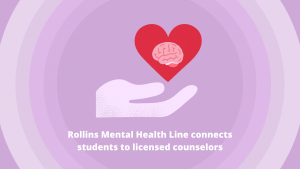

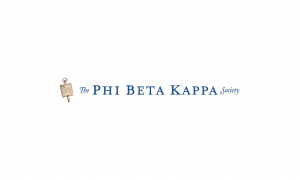

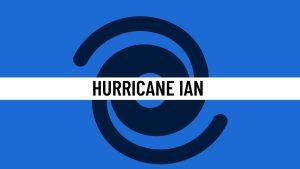
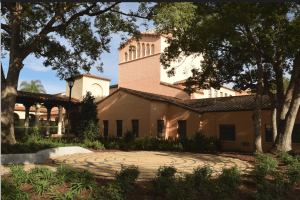
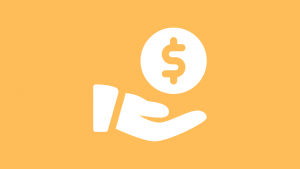



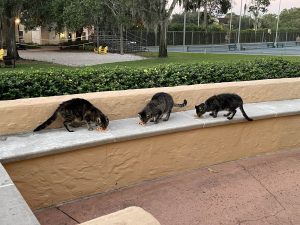
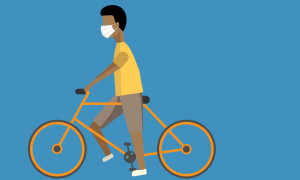
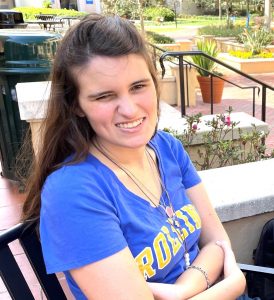

Be First to Comment